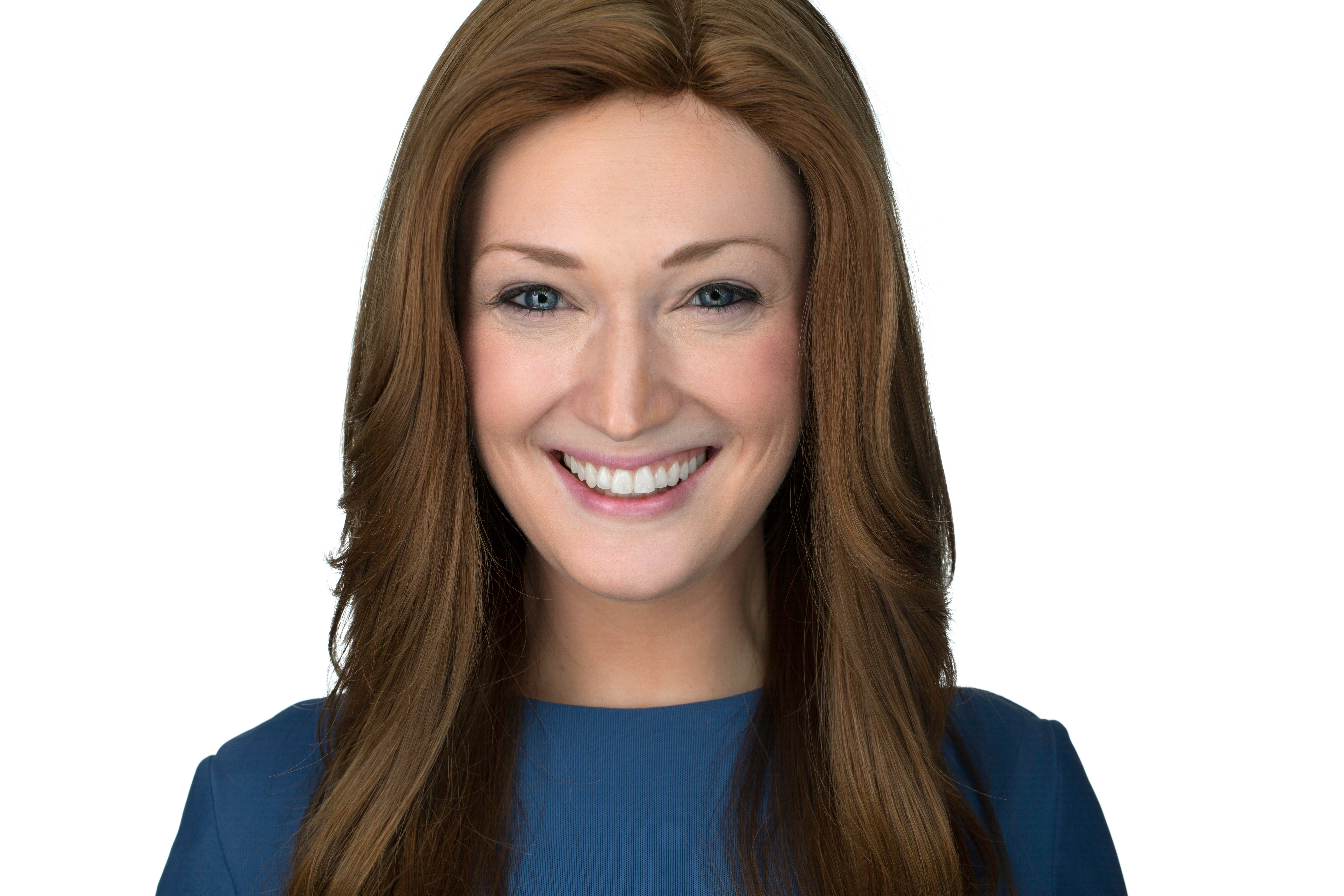Young, Frum Life Coach?

Are there practical ways to make it as a life coach in the frum world even when you’re younger, without social media?

I’ve been considering training as a life coach since I turned 25, but I haven’t been receiving much support from anyone I shared my plans with. The general approach in the frum world seems to be that a life coach needs to be older. I wonder if that’s true though; a professional in the field once explained to me that life coach isn’t about giving advice, but rather about helping clients access their own inner wisdom and organize their feelings.
Still, I’m hesitant to go into the field. Fact is, the mentality in the frum world is that coaches need to be older, and while social media would give me access to clients who might be open to a younger coach, I’m not looking to promote myself like that for both personal and religious considerations.
It’s been several years since I dropped this idea and made peace with being a stay-at-home mother, but with new financial considerations arising, I’m revisiting this idea. It seems like a career that would feel meaningful and use my strengths. What do you say? Are there practical ways to make it as a life coach in the frum world even when you’re younger, without social media?
Hmm… so you’ve gotten a clear message from the frum community that you need to be a certain age to be able to dispense wisdom, let alone get paid to do so.
You’re also aware that in other communities, you wouldn’t be facing this reticence about your age.
I believe that within your question lies your solution: The values of the frum community are different from those of the communities you’re comparing to. We do not value and make decisions based on what we see on social media as much as others, and we do value age and the experience that older people possess. I believe that the younger generation still embraces those values, and while they are more likely to be on social media, it’s certainly not the only place they get information or rely on for decisions. At the same time, I believe that valuing age doesn’t need to mean that we devalue youth.
Which brings us to a question that only you can answer: Do you believe that a coach needs to be older? Would you hire a younger coach? Can you believe that someone your age may have guidance that could be impactful for your life? Personally, I’m a millennial — does that make me too young to be advising you in this article?
Your beliefs are definitely going to frame the way you approach potential clients. What if I showed you a coach who was 25, trusted by the frum community, and doing incredible work? We can probably both think of someone like that. “But she’s different!” you’ll say. “She was born with the right last name/in the right country/with the right skills/connections/eye color/college degree…” or whatever story you’re telling yourself about why it won’t work for YOU.
But what if you were able to tell yourself a story about how you actually have the perfect background, experience, and skill to offer your services? What if you passionately believed that story, shared that story, and were on a mission to provide your services to those you could help?
I’ll tell you what would happen. Your age wouldn’t be a factor. Not for you, nor anyone else. Because if you believe that you have something to share, and you do the work to make sure you can share it in a way that will impact others, you will find people to share it with.
Before making this decision, it’s important that you keep in mind that a life coach isn’t simply a friend that you pay to talk to. A coach is someone who is trained in effective modalities to help people grow, change, and transform an area of their life. A good coach should be a model for effective communication and should help guide and direct you to resources, both internal and external.
More specifically, I recommend choosing a specialty versus just being a general life coach. The ideal coach is someone who has experienced a specific challenge, found and applied a solution, studied the topic in depth, and now has both the knowledge and experience to be able to effectively coach others in that area. The important thing is that you are ten steps (notice, I didn’t say years) ahead of your ideal client.
You mentioned money is a factor here. That’s not a bad thing — money is one of the greatest motivators known to women. What’s important though is that you’re not making this decision motivated by money, but by the message and growth that you have to share. Of course, if you are providing something of value, you will receive financial compensation. But the question for you is whether you’re under pressure to bring in money immediately, in which case I’d suggest a less personally intense role in the meantime. If you are thinking about the long-term, and have the time and resources to invest in proper training and practice to gain the skills necessary to do the job right, this might be a great time for you to choose this career.
I’ll be keeping an eye out for your ads in these pages!
Shaina Keren is a career consultant who helps people discover and create careers that fit their best talents, interests, and life goals. She also advises businesses on hiring and keeping “the right people in the right seat,” in a win-win approach to growing businesses and careers.
(Originally featured in Mishpacha, Issue 998)
Oops! We could not locate your form.







